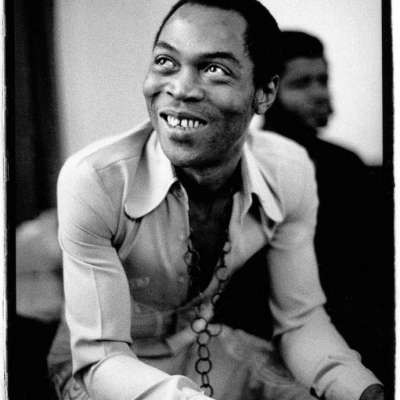
Fela
@FelaKuti
Tidak ada aktivitas yang ditemukan

Buat daftar putar Anda sendiri
Bagikan musik dengan teman & keluarga
Simpan favorit Anda
0123921165
Account numberTHE GLITZ HUB NIG LTD
Account name+234 703 683 5089
WhatsappUnggah Tanda Terima
Apakah Anda yakin ingin membeli tiket?

